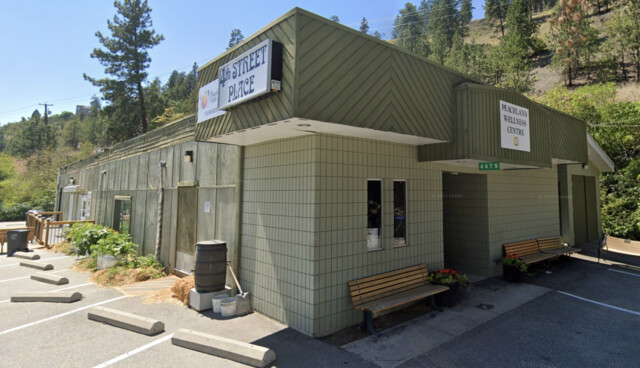As I walk through the community center in Peachland, the unmistakable hum of local governance at work fills the room. Tonight’s council meeting had a moment that caught everyone by surprise – including the volunteers from the Peachland Food Bank who came hoping for a modest grant.
They asked for $1,000. They left with $6,000.
In the sunlit chambers of Peachland’s municipal hall, food bank coordinator Judy Bedford could hardly contain her emotion. “We didn’t expect this level of support,” she told me after the meeting, her voice catching slightly. “Our shelves have been emptier than usual this spring.”
The decision came after councilors heard how demand at the small community food bank had increased by nearly 30% since last year. What started as a routine grant application transformed into something more significant when Councilor Terry Condon proposed increasing the amount.
“When people are hungry in our community, that’s not something we can ignore,” Condon remarked during deliberations. “This isn’t just about food – it’s about dignity.”
The Peachland Food Bank serves approximately 40 families monthly in this community of just over 5,000 residents. Located in a modest corner of the community center, it operates entirely on donations and volunteer power. Bedford explained they’ve seen newcomers to their service in recent months – many working families struggling with rising food costs.
Statistics Canada reported food inflation remained stubbornly high throughout 2023, with grocery prices rising faster than general inflation. For many Okanagan families, this translated directly into harder choices at the dinner table.
Mayor Patrick Van Minsel, who supported the increased funding, pointed to broader economic pressures. “The cost of living has affected everyone, but for those already struggling, it’s devastating,” he said. “Our community has always stepped up when needed.”
The grant comes from Peachland’s community support fund, which allocates money to local non-profits providing essential services. While not unprecedented, the six-fold increase represents one of the larger adjustments made to a funding request in recent years.
Not all councillors initially supported the increase. David Collins expressed concern about setting precedents for other grant applicants. “We need to be consistent in how we evaluate these requests,” he cautioned during the discussion.
His concerns were addressed when staff confirmed the additional funding wouldn’t impact other planned community grants. The final vote was unanimous.
For Bedford and her team of eight regular volunteers, the unexpected windfall means more than just stocked shelves. “We can now consider purchasing a new refrigerator,” she explained, pointing to their aging unit that struggles during summer heat waves. “And we won’t have to turn anyone away.”
Community support for the food bank extends beyond council chambers. Local orchardists regularly donate fresh produce during harvest season. The elementary school runs food drives twice yearly. Even the weekend farmers market vendors contribute unsold items.
What makes Peachland’s situation noteworthy is how it reflects changing demographics in smaller communities. Historically viewed as a comfortable retirement destination, the town now houses young families seeking affordable alternatives to Kelowna’s higher-priced housing market.
This shift brings new challenges. The food bank reports serving more households with children than in previous years. Local teacher Amanda Wilkes sees the impact firsthand. “Some kids come to school hungry,” she shared. “It affects everything – their concentration, behavior, learning.”
The council’s decision aligns with findings from Food Banks Canada, which reported record-high usage nationwide in 2023. Their HungerCount survey showed nearly 2 million Canadians accessed food banks last year – a 32% increase from pre-pandemic levels.
As Bedford packed up her notes after the meeting, she paused to reflect on what comes next. “We’ll make this money stretch,” she promised. “Every dollar helps someone in our community eat better tomorrow than they did today.”
The Peachland Food Bank operates every Thursday morning from the community center and accepts donations year-round. With this unexpected funding boost, they plan to expand their emergency food hamper program and potentially add weekend hours during summer months.
What happened in this small Okanagan town council meeting represents something we’re seeing across Canadian communities – local governments stepping up as provincial and federal safety nets strain under increased demand.
As I watched council members congratulate Bedford after the meeting, I was reminded that sometimes the most important political decisions aren’t the ones making national headlines. Sometimes they happen in small rooms, in small towns, when people choose to help their neighbors.
For the families who will benefit from this decision, politics has rarely felt so immediate or essential.






